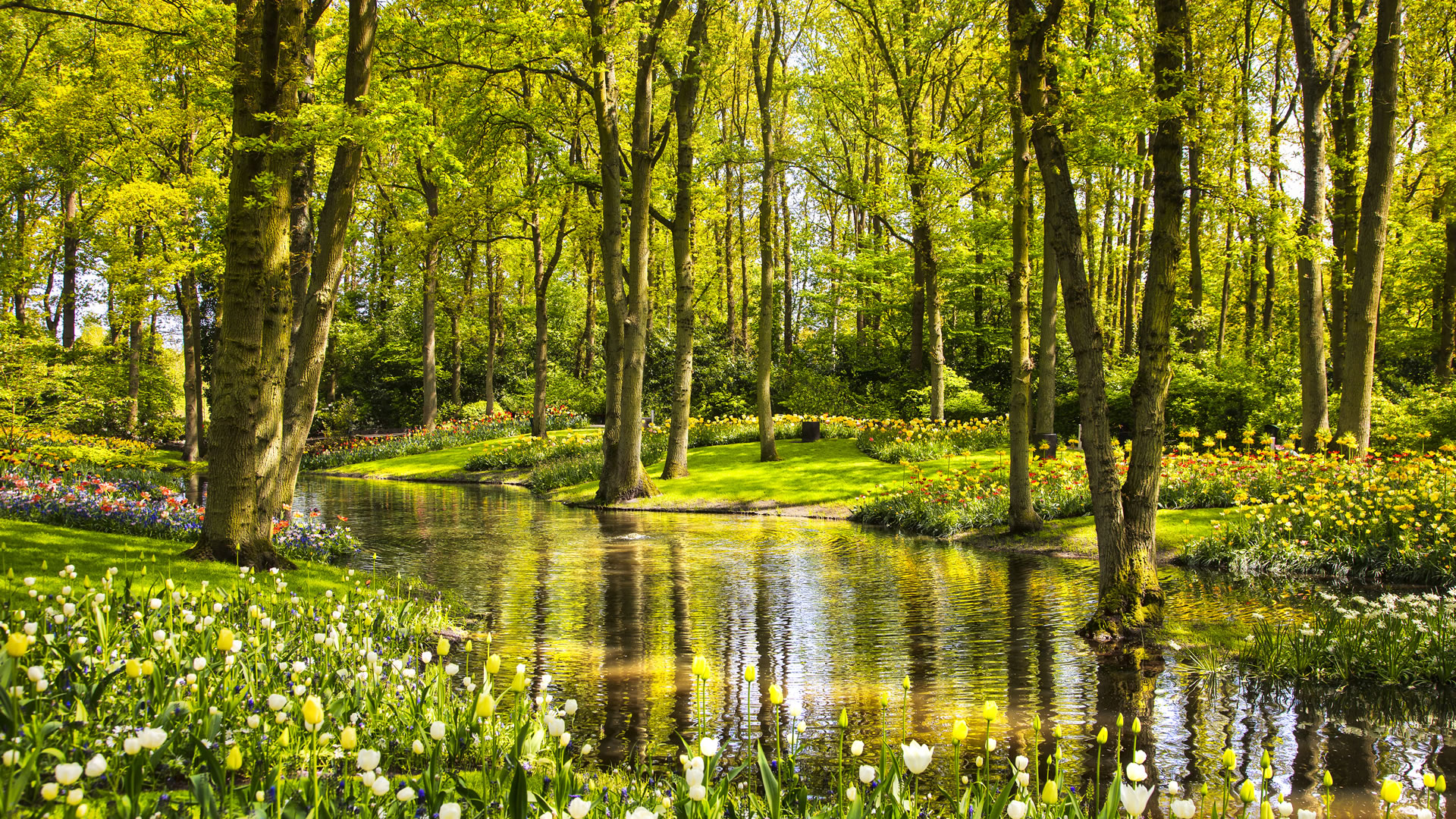
Harnessing the Physical Benefits of the Great Outdoors: Exploring Nature for Health & Wellness
Introduction:
In our modern, technology-driven world, the call of the great outdoors often goes unheard amidst the hustle and bustle of daily life. However, stepping outside and immersing ourselves in nature can offer a wealth of physical benefits that are essential for our overall health and well-being. In this blog post, we’ll delve into the myriad ways in which spending time outside can positively impact our physical health and provide some considerations to ensure a safe and enjoyable outdoor experience.
Increased Physical Activity:
The outdoor environment provides a natural playground for physical activity. Whether it’s hiking through wooded trails, cycling along scenic paths, or simply taking a stroll in the park, being outside encourages movement and exercise. Engaging in outdoor activities promotes cardiovascular health, strengthens muscles, and improves flexibility and balance. Plus, the varied terrain and natural obstacles found outdoors make for a more challenging and rewarding workout than indoor alternatives.
Exposure to Sunlight and Vitamin D:
Spending time outside exposes us to natural sunlight, which is crucial to produce vitamin D in our bodies. Vitamin D plays a vital role in bone health, immune function, and mood regulation. By soaking up some sun, we can replenish our vitamin D levels, reduce the risk of deficiencies, and promote overall well-being. However, it’s important to strike a balance and avoid overexposure to sunlight, which can increase the risk of skin damage and skin cancer.
Enhanced Air Quality:
Unlike indoor environments, which can be filled with pollutants and allergens, the great outdoors offers fresh, clean air to breathe. Natural spaces such as parks, forests, and beaches are free from indoor contaminants and provide an opportunity to escape into nature’s purifying embrace. Breathing in clean air can improve respiratory function, reduce the risk of respiratory illnesses, and promote lung health and vitality.
Improved Sleep Patterns:
Exposure to natural light and fresh air during the day can have a positive impact on our sleep patterns and overall sleep quality. Spending time outdoors helps regulate our circadian rhythms—the internal clock that governs our sleep-wake cycle—making it easier to fall asleep at night and wake up feeling refreshed in the morning. Plus, the physical exertion and mental relaxation that come with outdoor activities can help promote deeper, more restful sleep.
Stress Reduction and Mental Well-Being:
Nature has a remarkable ability to soothe the mind and calm the spirit. The sights, sounds, and sensations of the outdoors—such as the rustling of leaves, the chirping of birds, and the feel of the breeze on your skin—have a therapeutic effect that can help alleviate stress, anxiety, and tension. Spending time in nature promotes relaxation, mindfulness, and a sense of connection to the world around us, leading to improved mental well-being and emotional resilience.
Considerations for Outdoor Activities:
While the physical benefits of being outside are undeniable, it’s important to take some precautions to ensure a safe and enjoyable outdoor experience:
- Sun Protection: Protect your skin from the sun’s harmful rays by wearing sunscreen with a high SPF, a wide-brimmed hat, and sunglasses. Reapply sunscreen regularly, especially if you’re sweating or swimming, and seek shade during peak sun hours to minimise exposure.
- Hydration: Stay hydrated by drinking plenty of water before, during, and after outdoor activities, especially on hot days or during strenuous exercise. Bring a refillable water bottle with you and take regular breaks to rest and rehydrate.
- Proper Gear: Wear appropriate clothing and footwear for the activity and environment you’ll be in. Dress in layers to adapt to changing weather conditions and choose moisture-wicking fabrics that help keep you dry and comfortable. Invest in sturdy, supportive footwear that provides traction and stability on uneven terrain.
- Safety Precautions: Be mindful of potential hazards such as slippery surfaces, steep inclines, and wildlife encounters. Stay on designated trails and paths, follow posted signs and guidelines, and be aware of your surroundings at all times. Bring along a first-aid kit, a map or GPS device, and a charged cell phone in case of emergencies.
Conclusion:
Spending time outdoors offers a multitude of physical benefits that are essential for our health and well-being. From increased physical activity and exposure to sunlight to improved air quality and enhanced sleep patterns, the great outdoors has much to offer those who venture outside. By taking some simple precautions and considering safety considerations, we can enjoy all that nature has to offer while reaping the physical rewards of being outside. So, lace up your hiking boots, grab your sunscreen, and embark on a journey to better health through the power of the great outdoors. Your body—and your mind—will thank you for it!
